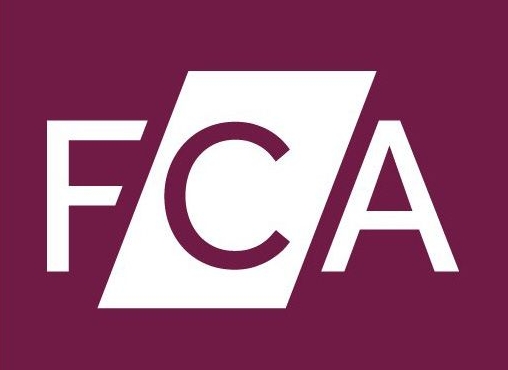
The Financial Conduct Authority will add greater detail to its controversial plan to ‘name and shame’ companies under investigation this autumn, adding that the case for greater “transparency remains strong”.
The City watchdog outlined proposals earlier this year to release the names of firms under investigation if it believes it is in the public interest, which has been met with fierce opposition from firms.
But joint executive director of enforcement and market oversight Therese Chambers said the regulator would press ahead with its plans over the coming months.
“We do think the case for a degree more transparency remains strong”, said Chambers in a speech at the AFME Annual European Compliance and Legal Conference in London on Tuesday.
“But it needs to be seen within the vital context of a focused number of cases likely to deliver the greatest deterrent, and delivered much faster.”
The director of enforcement said the body had received more than 130 responses to its first consultation on the plan, which closed in April.
She said: “While consumer groups, whistleblowers and some other regulators welcomed the prospect of greater transparency, the companies we regulate were overwhelmingly against.”
But Chambers said greater openness over its investigations would bring:
- “Support consumer protection by giving them information that may support their decision-making
- “Improve the market by highlighting concerning conduct, allowing others to course correct sooner, lessening risk
- “Assure those who have potentially vital evidence, including whistleblowers, that we’re looking into concerns and our door is open”
Chambers added: “This autumn, we will intensify our engagement – meeting with trade associations, firms, those on all sides of the debate – exploring how we can develop our proposals.
“As part of this, we recognise the desire for greater definition on any new public interest test.
“Later this autumn we plan to provide greater detail on how it could work in practice.”
In May, it emerged that 16 finance trade bodies — including UK Finance, The Investment Association and TheCityUK — had written to the then Chancellor Jeremy Hunt asking him to intervene.
“Firms believe that the proposals will have a negative impact on their valuation, could put at risk the wellbeing of individuals, and have the potential to destabilise financial markets,” the associations said in the letter to Hunt.
Hunt in a rare intervention in regulatory affairs said that he hoped the body “re-look at their ‘naming and shaming’ decision”.
It is unclear what new Chancellor Rachel Reeves’ views are on this policy, but in general terms, she has said that she is in favour of less financial red tape to “turbo-charge” UK firms to drive for growth.
Other UK regulators — such as those in competition, water and energy — often name firms that are under investigation before deciding on whether they have breached any rules.
However, this measure is rarely used by international financial services regulators such as the US Securities and Exchange Commission and Germany’s BaFin.



